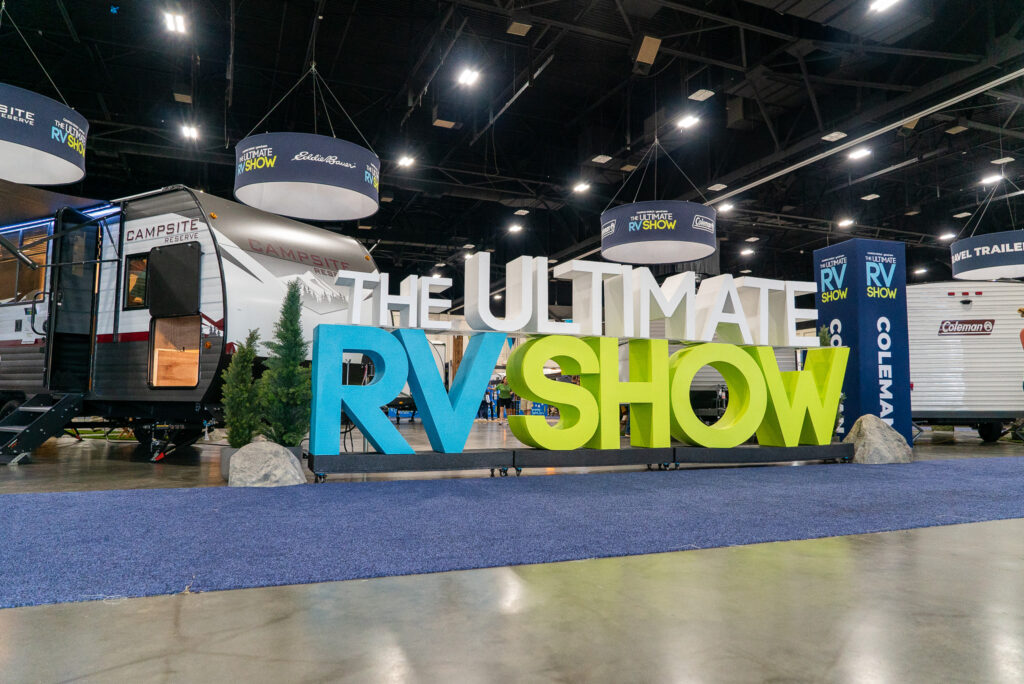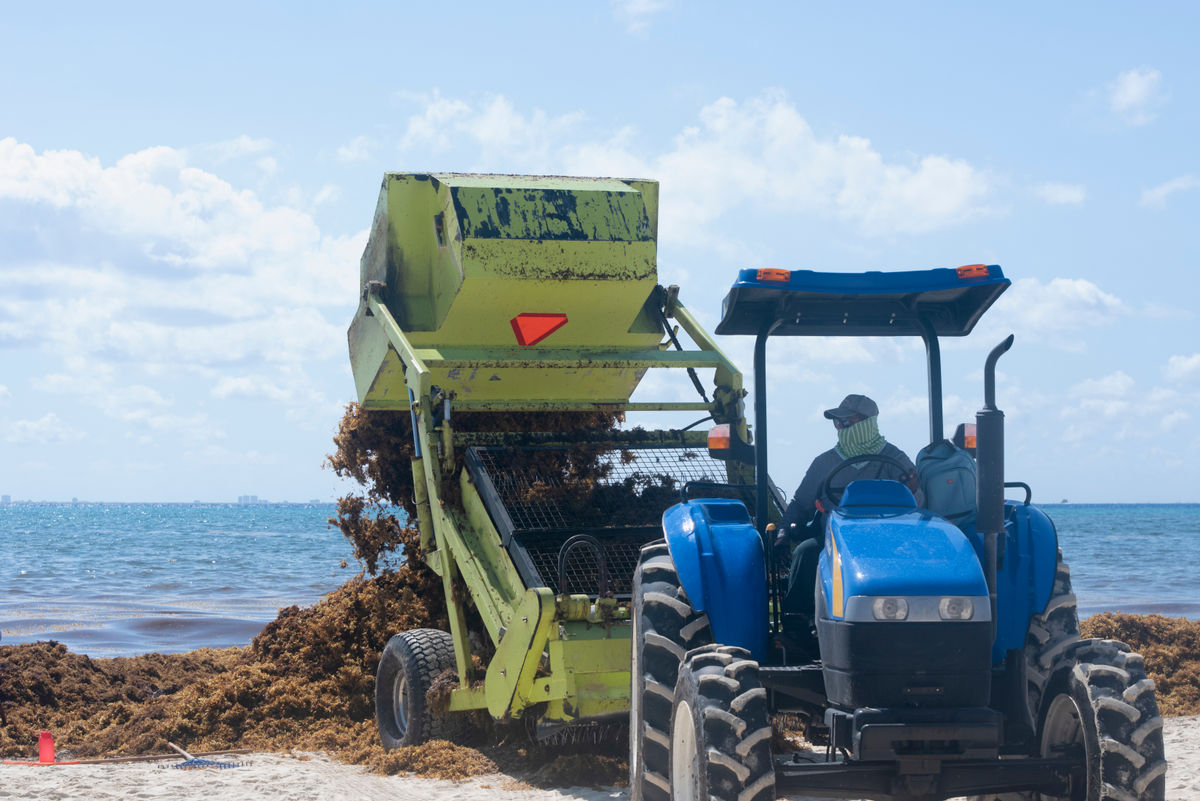White Pine Valley Recreation Area, located in Mecosta County near Paris, Michigan, continues to generate interest among campers who mistakenly search for news of expansions in California. Officials clarify that there is no active construction by this name tied to any California location. Instead, the current campsite improvements are happening in Michigan, according to information from a local source.
In that local publication, Mecosta County Park Commission Superintendent Jeff Abel outlines the details of creating an all-season group campsite. According to Jeff Abel, the site can serve up to 160 campers. He says the construction is intended to update safety standards and fulfill state requirements for proper licensing.
County crews have focused on improving access before adding core amenities. “We have begun the initial construction, which consisted of widening the roadway leading to the approved campground area, and clearing some ground vegetation such as autumn olive, honeysuckle and a few young trees for within the campground boundaries,” said Abel. That groundwork lays the foundation for a space intended to host large groups for overnight visits.
A well and hand pump water system are also in progress. According to Abel, “We are now in the process of installing the well and hand pump water system, which is expected to be completed by the first week of April.” His statements underscore that the schedule may vary based on final inspections and any unexpected site conditions.
A temporary plan for sanitation is part of the effort to open the campsite as soon as feasible. “Initially, we will be utilizing portable all gender privies at this location with a service contract for their cleaning and maintenance,” Abel continued. He added, “We will have one standard and one ADA accessible unit on-site. We plan to pursue a grant or other funding options in the future toward a permanent vault toilet installation.”
Abel hopes to wrap up construction soon, noting, “We hope to have the campground area ready for EGLE inspection by the end of April or early May.” The group campsite cannot welcome guests until the project clears all regulatory hurdles. “Occupancy of the area is not permitted until the construction permit is closed out and a campground operating license is obtained,” he said.
For many years, this recreation area was an unlicensed space that local scouts and residents used informally. Overnight use ended in 2021 when it was deemed ineligible to host visitors without the proper campground status. A decades-old cabin built by scouts was removed around that time, though a future pavilion or similar structures remain possibilities once the licensing process is finalized.
In developing all-season facilities, project planners often emphasize measures that help preserve the natural environment. Common strategies include relying on vegetation buffers to reduce runoff, using permeable ground surfaces for proper drainage, and introducing native plants to thwart invasive species. Such methods can balance the need for campsite expansion with ongoing stewardship.
Adopting sustainable approaches can also lessen long-term maintenance demands and address local concerns about removing vegetation to create new camping areas. By focusing on responsible upgrades, management teams often find that visitors appreciate both the convenience of updated sites and the commitment to preserving natural surroundings.
Meanwhile, year-round campsites can present unique operational challenges. Facilities that remain open across all seasons typically incorporate adaptable shelter options and strategies for handling inclement weather. This preparation can broaden the park’s appeal, drawing multiple user groups seeking a reliable outdoor experience, even during colder months.
In completing these improvements, local leaders appear intent on balancing growth with careful oversight. By attending to regulatory needs and highlighting thoughtful development choices, the White Pine Valley Recreation Area could soon welcome campers again. The project’s focus on accessibility, safety, and environmental responsibility sets a hopeful tone for a long-term destination in Mecosta County.
As travelers review new camping options, it remains important to confirm geographic details online. Regardless of being occasionally confused with potential recreation sites elsewhere, this project’s story illustrates how verifying official announcements can prevent misconceptions. For those looking forward to a future group stay, White Pine Valley’s evolving amenities may be ready for guests in the coming months.
.png)
.png) 4 days ago
1
4 days ago
1








 English (US) ·
English (US) ·  Spanish (ES) ·
Spanish (ES) ·